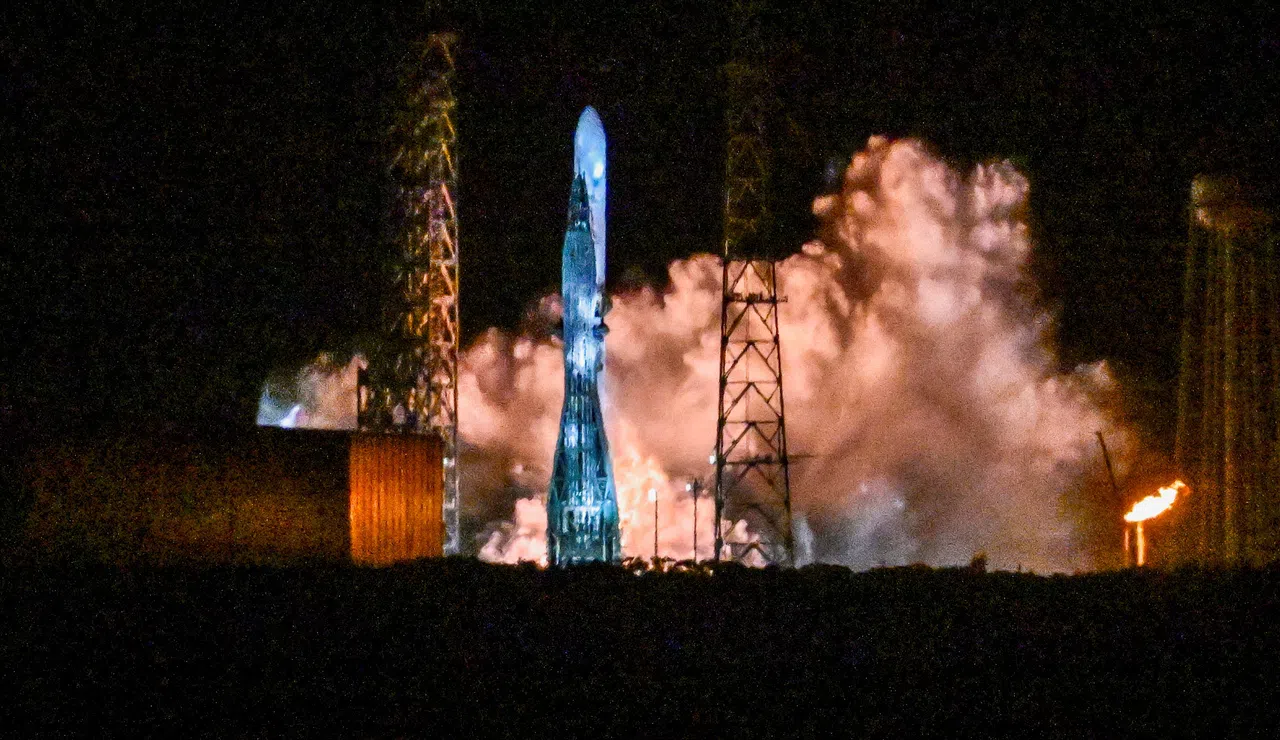SIMBA has gained about two subscribers from incumbent mobile network operators (MNOs) for every subscriber lost, suggesting that the latest entrant has been competitive in Singapore’s crowded wireless market.
In a report released on Jan 14, mobile network analytics company Opensignal found that Simba performed the best against StarHub, gaining 2.4 subscribers for every subscriber it lost to StarHub in 2024.
Against M1 and Singtel, the telco gained two and 1.8 subscribers for every subscriber it lost to these telcos, respectively, in 2024.
The only segment that it shed customers to was mobile virtual network operators (MVNOs), to which it gained 0.6 subscriber for every subscriber lost to these operators.
MVNOs refer to telcos which lease and resell access to mobile networks from incumbent network operators Singtel, M1 and StarHub.
Opensignal senior market research analyst Max Iannazzi said: “Due to Simba’s low cost strategy, it is winning more from higher value MNOs rather than MVNOs or sub-brands. In this way, Simba operates similarly to the MNOs’ budget flanker brands, like StarHub’s Giga or Singtel’s Gomo.”
BT in your inbox
Start and end each day with the latest news stories and analyses delivered straight to your inbox.
Furthermore, he said that Simba has reported strong and consistent growth since it rebranded from TPG Singapore in 2022. The company first launched commercial service in 2020, when it offered a S$10 a month plan that came with 50 gigabytes of data.
Opensignal’s data showed that the telco has grown from serving 487,000 subscribers at the end of the first half of fiscal year 2022 to 1.1 million subscribers as at H2 FY2024.
“Our data has also shown that despite doubling in size and gaining market share, Simba’s loss share has largely remained at a low level and has been consistent over the last year and a half.
“This implies that Simba is not only winning subscribers, but also retaining those won subscribers on its network,” he said.
Iannazzi noted that Simba has priced its network experience to attract low-price customers. While the telco’s network consistency, reliability and coverage has improved to be comparable with the incumbents’, Opensignal’s data showed that it continues to deliver significantly slower download speeds.
“Focusing on providing its users with a ‘good enough’ experience, reflected in improved consistency and reliability of mobile services, combined with attractive pricing has paid off well for Simba,” he said.
The growth in Simba’s mobile market share comes amid intensifying price competition between M1 and StarHub as they jostle for higher valuations ahead of StarHub’s long-rumoured acquisition of the former.
Both telcos have deferred payment for their 700-megahertz spectrum, used to carry mobile signals, to sometime between November 2024 and end-June 2025.
Analysts believe that one party may try to close the deal before June to avoid having to pay the spectrum fees.




